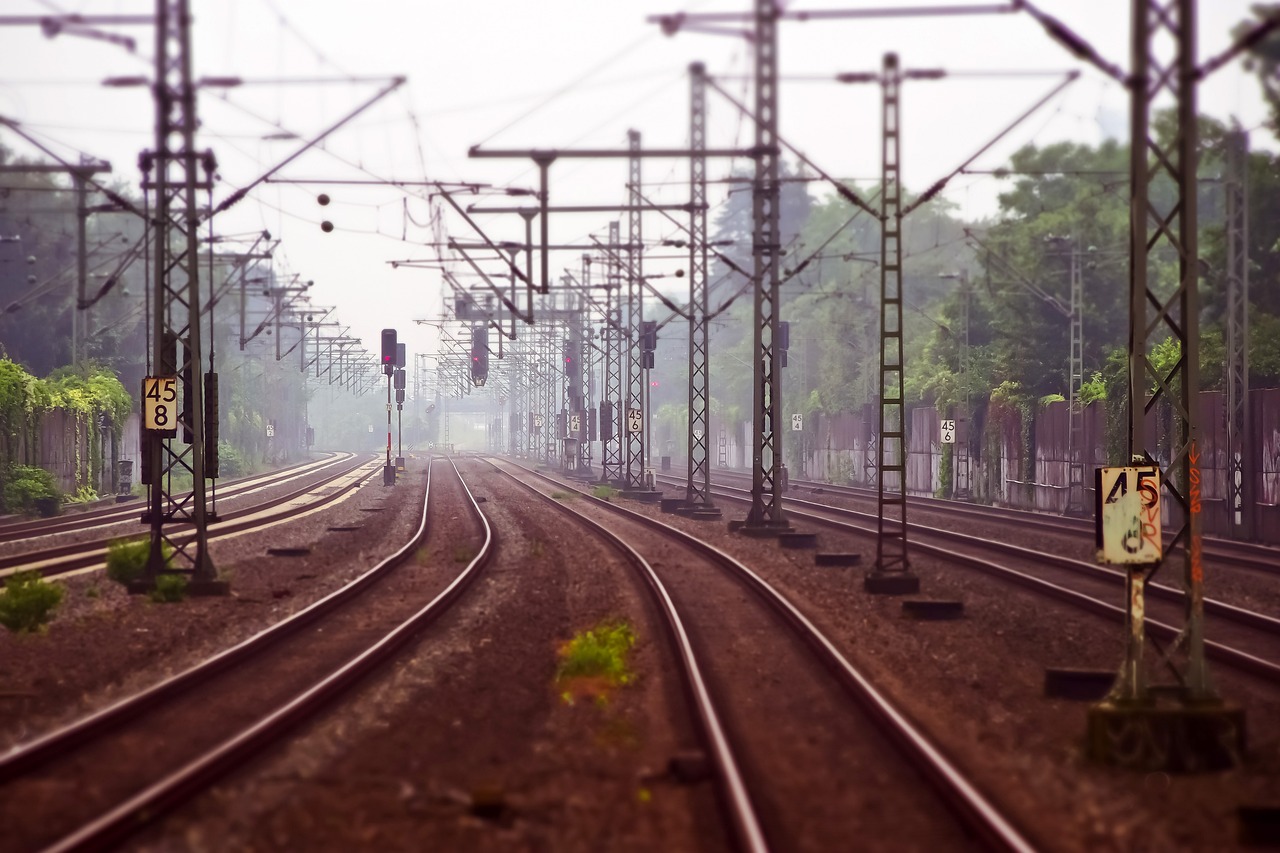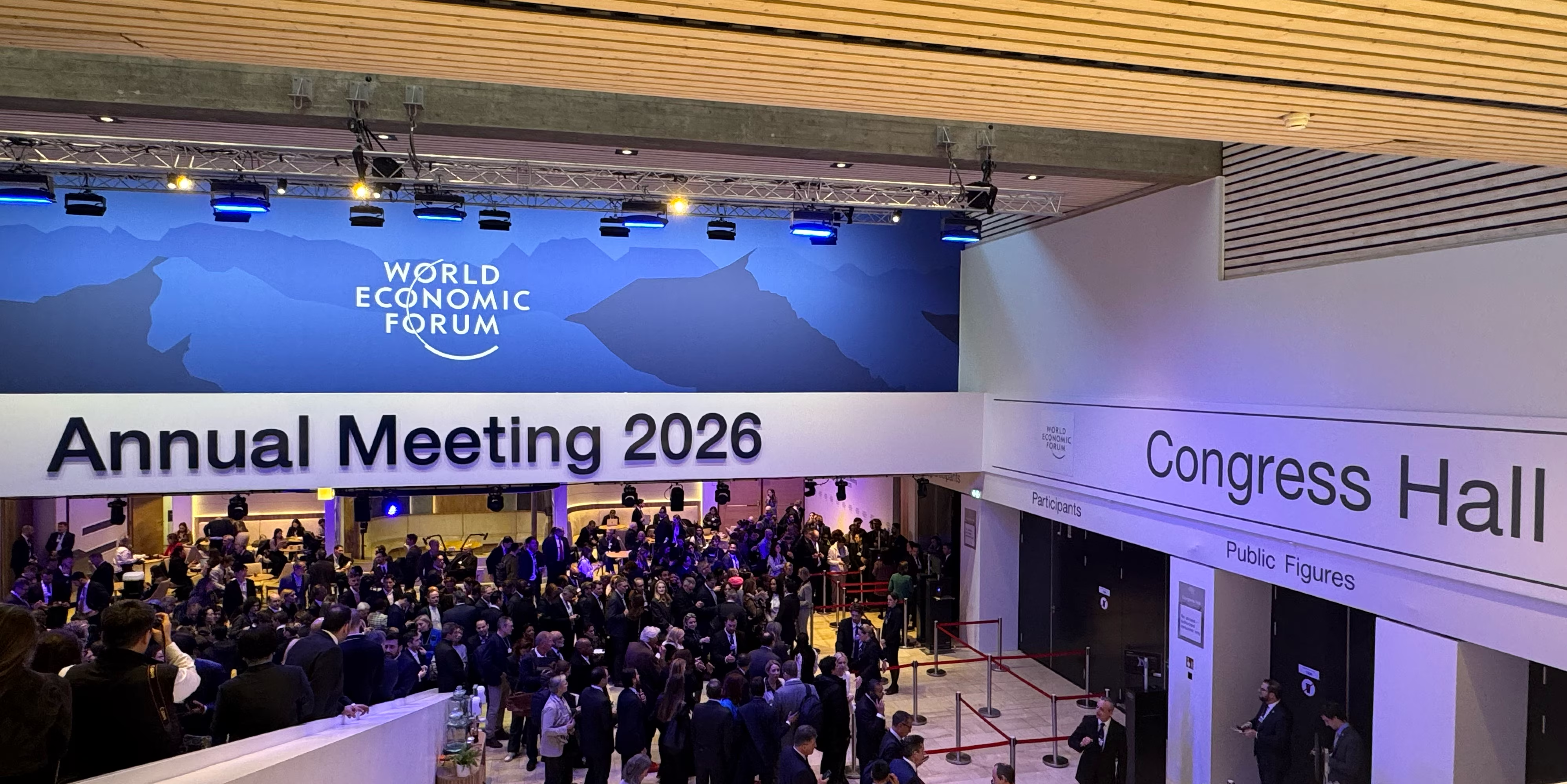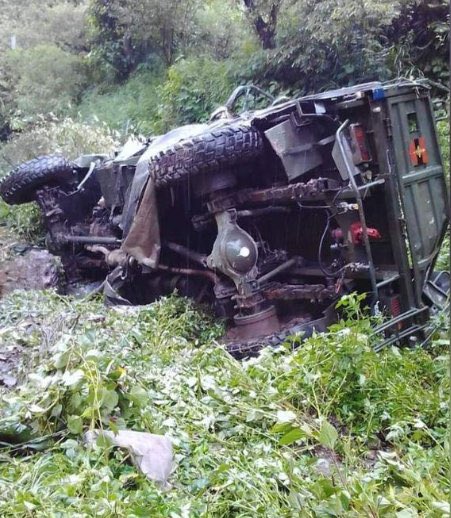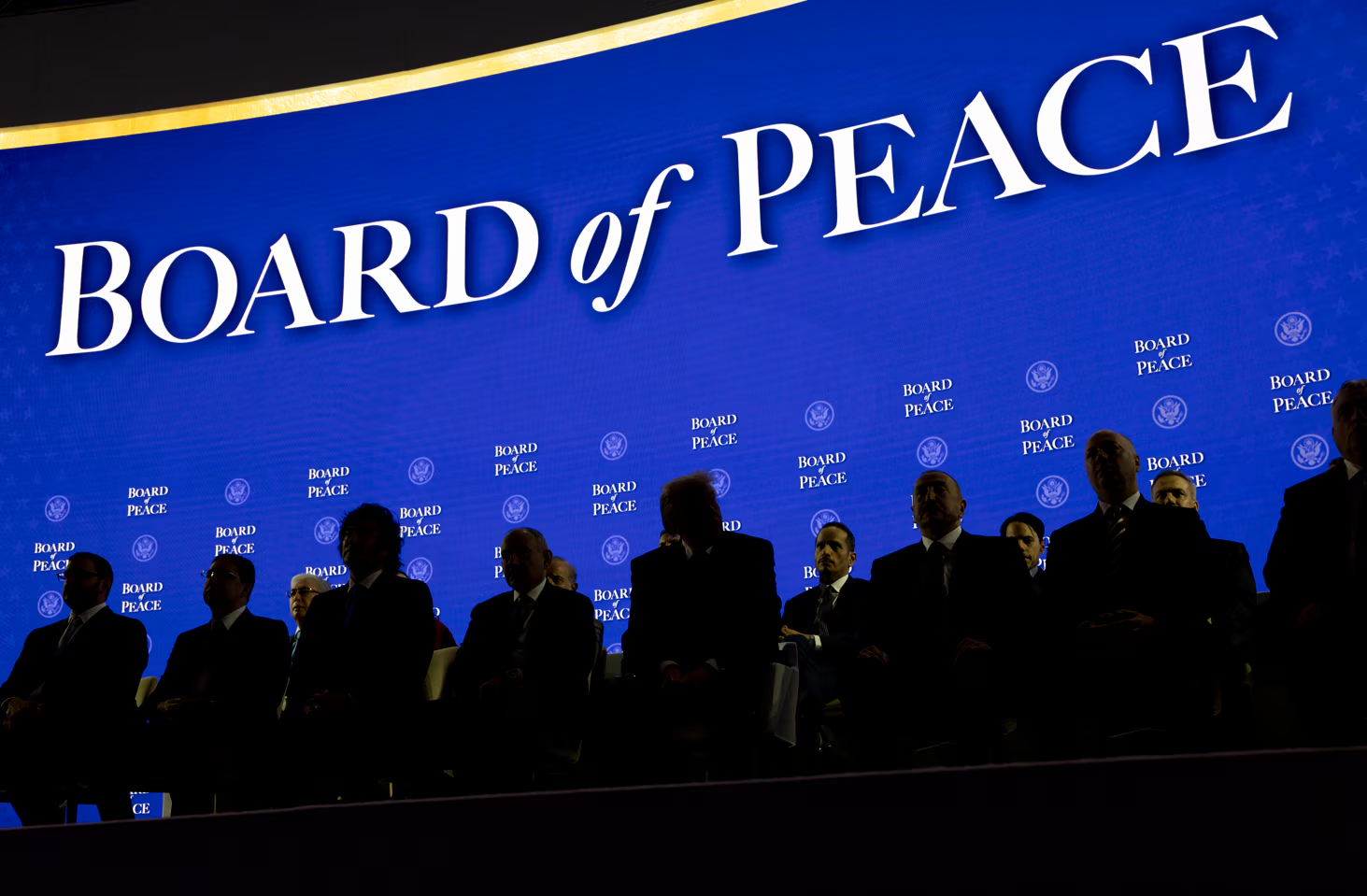
New Delhi: The Cabinet Committee on Economic Affairs approved three multi-tracking projects of the Ministry of Railways at a total cost of Rs. 7,927 crore to ease operations and reduce congestion on the busiest sections between Mumbai and Prayagraj.
Scheduled to be completed in four years, the projects are expected to improve logistical efficiency by increasing the existing line capacity of the sections and enhancing transportation networks, resulting in streamlined supply chains and accelerated economic growth.
The three projects will cover seven districts in three states of Maharashtra, Madhya Pradesh and Uttar Pradesh, and will increase the existing network of Indian Railways by about 639 kilometres. They will generate direct employment for about lakh human-days during construction period.
The projects are:
- Jalgaon – Manmad 4th line (160 km)
- Bhusawal – Khandwa 3rd & 4th line (131 km)
- Prayagraj (Iradatganj) – Manikpur 3rd Line (84 km)
These are essential routes for transporting agricultural products, fertilizer, coal, steel, cement, and containers. The capacity augmentation work will result in additional freight traffic of magnitude 51 MTPA (Million Tonnes Per Annum).
Multi-tracking will enhance connectivity along the Mumbai–Prayagraj–Varanasi route by enabling the operation of additional passenger trains, benefiting pilgrims travelling to Jyotirlingas in Nashik (Trimbakeshwar), Khandwa (Omkareshwar), and Varanasi (Kashi Vishwanath), as well as religious places in Prayagraj, Chitrakoot, Gaya, and Shirdi.
It will also enhance connectivity to two aspirational districts (Khandwa and Chitrakoot) serving approximately 1,319 villages and about 38 lakh population.
Additionally, the projects are expected to promote tourism through improved access to various attractions such as Khajuraho UNESCO World Heritage Site, Ajanta and Ellora Caves UNESCO World Heritage Site, Devgiri Fort, Asirgarh Fort, Rewa Fort, Yawal Wildlife Sanctuary, Keoti Falls, and Purwa Falls.
Besides providing connectivity and facilitating ease of travelling, the projects also aimed at minimising logistics costs, reducing oil imports and lowering CO2 emissions.
“The Railways being an environment-friendly and energy-efficient mode of transportation will help both in achieving climate goals and minimizing the logistics cost of the country, lowering CO2 emissions (271 crore Kg) which is equivalent to the plantation of 11 crore trees,” the Ministry of Railways stated.
The projects are a result of the PM-Gati Shakti National Master Plan for multi-modal connectivity which has been possible through integrated planning and will provide seamless connectivity for the movement of people, goods and services. They are part of the government’s vision of comprehensive development in the area which will enhance their employment and self-employment opportunities.
– global bihari bureau





